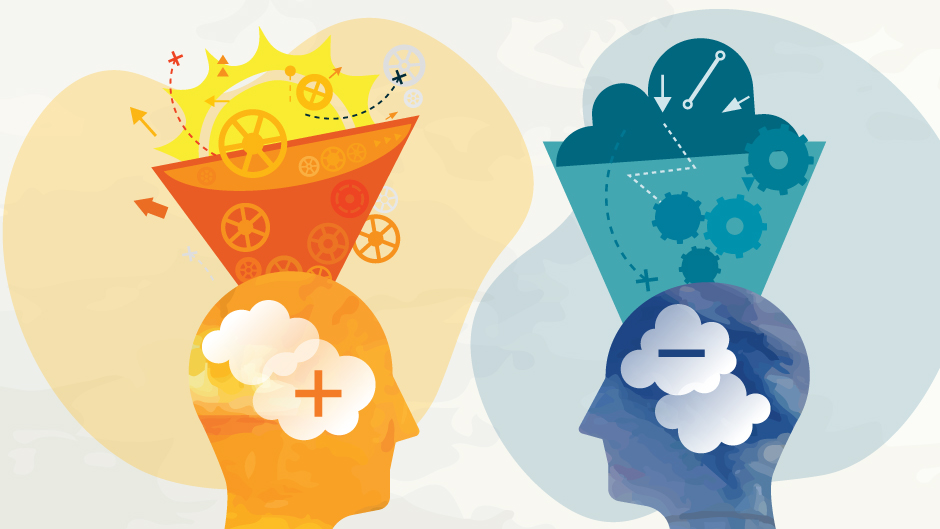In a recent podcast, former Georgia gubernatorial candidate Stacey Abrams answered a question about how she was faring during the COVID-19 quarantine by saying she was doing fine.
“I am an introvert,” she said. “So, I Iove being by myself.”
Most people believe introverts, people who prefer to be quiet and unnoticed, would fare well during this period of social distancing and isolation while extroverts, who prefer to be surrounded by people, are going bananas.
That is not necessarily true, psychologists say. The reality is more complex. Different personality traits play a crucial role during periods of isolation.
“There are personality traits that fare better in any adversity,” said Amy Weisman de Mamani, professor of psychology at the University of Miami.
One of those personality traits is flexibility, which refers to the capacity to be adaptive and to rise to the occasion.
“We have all had to change during this time,” she said. So, being adaptive or flexible is a necessity. De Mamani had to adjust to teaching online for the very first time and to helping her child adjust to home schooling.
She has noticed that those who do better during a period like the pandemic are those who see adversity as an opportunity to grow and use the down time to acquire new skills, like learning a foreign language or mastering an instrument.
Optimism is also a trait that helps tremendously.
“Optimists find something positive in the experience,” de Mamani said, adding that she has noticed this in her graduate students and colleagues.
“Those who find ways to thrive, do best,” she said. They use the extra time to learn a new statistical skill or to get a jump-start on new writing projects. Those who fret extensively become demoralized and unproductive, she pointed out.
Developing empathy is also very helpful during any period of isolation.
“People who are more empathic by nature center their attention on others rather than focusing on their own trials and tribulations. Those who regularly engage in kind acts are at a great advantage during a crisis situation,” she said. “Research shows that acts of kindness tend to boost a person’s self-esteem and help them get out of depression.”
Blaine Fowers, professor in the Educational and Psychological Studies Department at the School of Education and Human Development, said that the first thing one must acknowledge is that the pandemic and social distancing is hard on everyone.
“All of us are in a lower mood than last year,” he said. “The pandemic stresses everyone but some people are more vulnerable than others.”
He has noticed that each person reacts differently to the stressors depending on their emotionality. “Personality is a set of characteristic responses we have to situations,” he said. “Those who are vulnerable to anxiety or depression are not faring as well.”
But external circumstances also play a role in a person’s emotional well-being.
A person who has emotional support from friends and family, economic resources, and access to technology to feel connected to others will fare better, according to Fowers.
In this vulnerable time, he offers the following advice to keep emotions in check.
- Be kind to yourself. Accept that this is hard. Accept that you will have good days and bad days.
- Be kind to those around you. Sometimes it is difficult to be with the same people every day. Remind yourself that these are people you love, and you are helping each other get through this.

